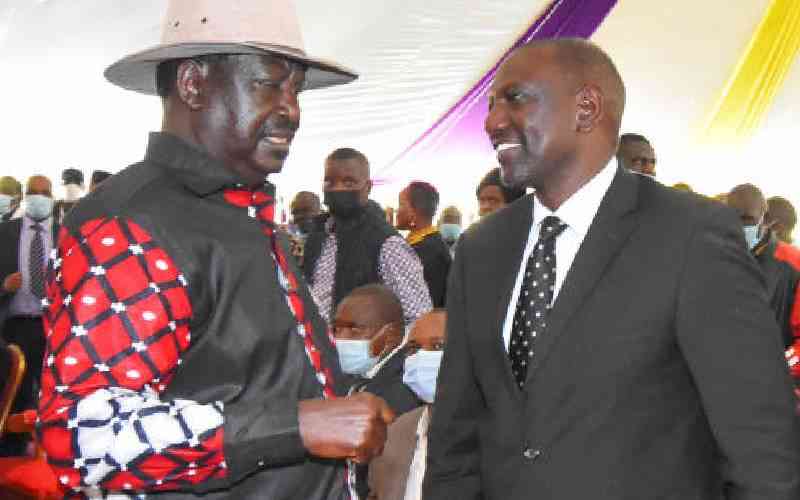
Events of the last few weeks have left many Kenyans disillusioned. Just when we could begin picking up the pieces from the combined effect of the Covid-19, highly contested elections, prolonged drought, and a global recession, the politicians have chosen to drive us into yet another crisis. Many of us are left to wonder what exactly the matter is. Are we jinxed - never to enjoy a moment of tranquil?
Back in 2017, when NASA first announced plans to swear in Hon Raila Odinga as the People's President, many thought it was a long shot. Constitutionally all the odds appeared set against the very idea. Nonetheless, a team of us - comprising religious leaders, business sector, and diplomatic community - sought audience and met with the principals, with a view to understanding their perspective. It became clear that they had given the whole idea serious consideration and were clear in their commitment. There were critical and legitimate concerns that they desired to be addressed before the nation could move forward.